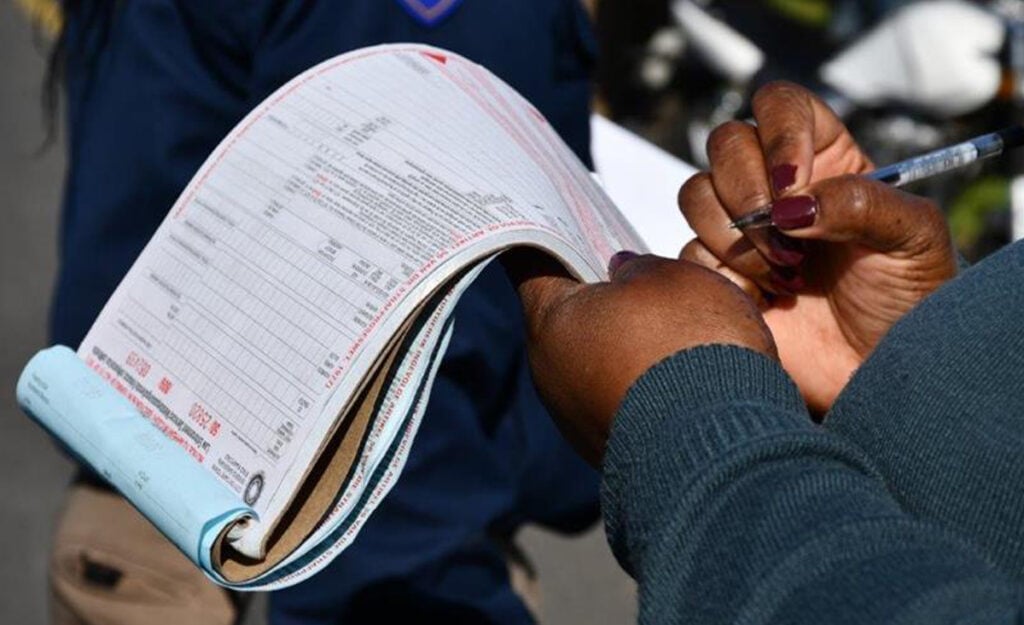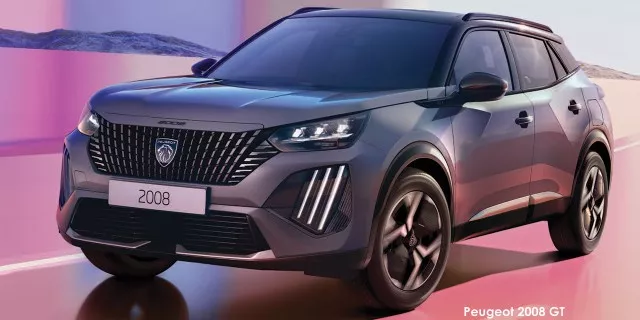2 ways government could reduce petrol prices in South Africa

The Government of National Unity will soon table a new Fuel Price Intervention Plan in Cabinet to tackle the country’s high fuel costs.
While the particulars of the document have yet to be revealed to the public, there are several avenues the powers that be could follow to reduce the burden on motorists.
According to the Council for Scientific and Industrial Research’s (CSIR) Mathetha Mokonyama, these measures include the introduction of a price cap on certain grades of fuel, and importing already refined petroleum instead of investing in upgrading local refineries.
At present, petrol prices in South Africa are regulated and determined by the Department of Mineral Resources and Energy (DMRE) on a monthly basis, with service stations required to sell their product at this rate.
However, a price cap will do away with this regulation and instead instate a maximum price at which fuels can be sold, with filling stations then being free to sell their products for a lower fee to attract paying customers.
“With the capping of the price, it will introduce a bit of competition into the market,” Mokonyama told CapeTalk.
“So instead of being very prescriptive, let’s allow the market to play.”
The possibility of a price cap on petrol 93 was already mooted as far back as 2018, with the DMRE confirming to TopAuto in June 2023 that feasibility studies into this intervention were still ongoing and would be made public once completed.
Another possible measure to slash fuel prices revolves around the importation of refined fuels.
National Treasury has been paying the country’s fuel refineries to invest in better technologies that will allow them to produce cleaner fuels at a lower rate, a savings that could be passed on to motorists.
However, these expenditures have not borne fruit as the refineries have been using the monies elsewhere, said Mokonyama.
“So why don’t we just import refined fuel as opposed to paying for the capital expenditure of improving the technology?” he said.
“There is a conversation happening around that.”
Looking ahead
Mokonyama contends that it’s not so much the price of fuel that is wreaking havoc on consumer budgets, but rather the distances they are required to drive on a daily basis when running errands and going to work.
With this in mind, better spatial planning is key to getting South Africans to spend less on petrol and diesel as well as to achieve the country’s emissions targets.
“One of the [consequences] of reducing the costs of fuel is that people will drive more, and that defeats the purpose of things like reducing greenhouse gas emissions,” said Mokonyama.
He referenced the City of Cape Town which is preparing to welcome as many as two million residents over the coming years, many of who will be everyday commuters.
“We need to think about where those people will be living, how they will be living, and how they will be travelling,” said Mokonyama.
“Up front, planning appropriately so that the kilometre per capita, the kilometre per person is minimised as much as possible.”









